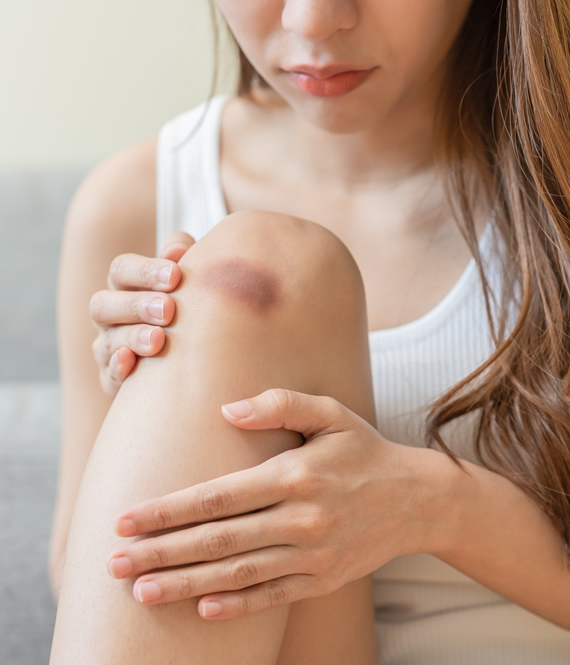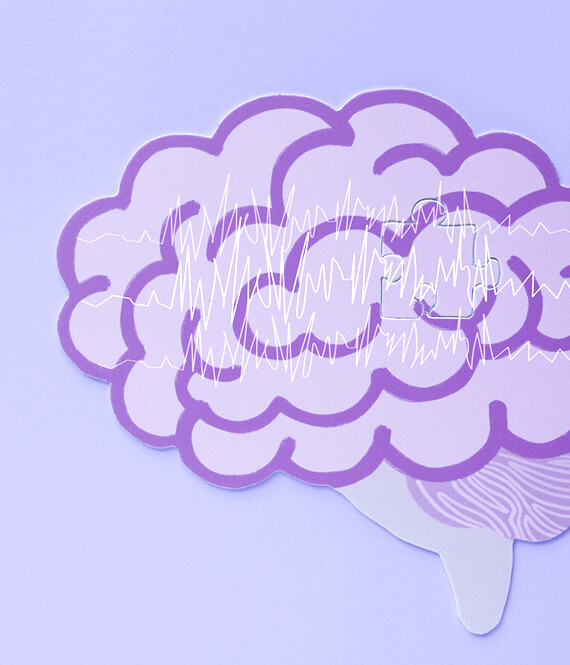
How To Cope With Long-Term Injuries Of A Slip And Fall Accident
We recommend helpful products in our articles. Read our full disclosure here. The content on this website is not intended to be a substitute for professional advice, diagnosis, or treatment.
Slip and fall accidents can happen to anyone, resulting in serious injuries that can have long-term effects on your health and well-being.
Although coping with the physical, emotional, and financial impact of such accidents can be challenging, there are steps you can take to manage your injuries and move forward.
In this article, you’ll get insights into coping with the repercussions, allowing you to maintain an optimal quality of life and overall well-being despite these setbacks.
Recognize The Impact Of Your Injuries
Before you seek legal support and reach out to a slip and fall injury lawyer, it’s crucial to recognize the impact of long-term slip and fall injuries on your daily life.
This includes physical limitations, emotional stress, and lifestyle modifications.
Ignoring the changes and proceeding as usual can be detrimental in the long run.
Remember, a holistic view of the situation, accepting these changes, and adapting accordingly are fundamental parts of the coping process.
Develop A Recovery Plan
After receiving your diagnosis, it’s vital to collaborate with medical professionals to plan a comprehensive recovery.
The plan may include the following activities.
- Regular physical therapy to regain strength and mobility;
- Prescription medications to manage pain and assist in healing;
- Possible lifestyle changes, such as adopting a more nutritious diet or incorporating light exercise as advised.
Periodic evaluations with your healthcare team are critical.
Such check-ins ensure your recovery is on track and allow necessary plan modifications.
Furthermore, involving experts in your journey will optimize the recovery process and alleviate the stress associated with managing long-term injuries.
Mind Your Mental Health
In addition to developing a recovery plan, it’s just as vital to mind your mental health during this challenging time.
Living with a long-term injury can be emotionally challenging.
For this reason, it’s critical to focus on your mental health recovery.
To start, consider techniques such as meditation, deep breathing, and mindfulness.
Speaking with a counselor or psychologist may also be beneficial.
Adopt A Healthy Lifestyle
Aside from your mental health, your physical health also affects your recovery.
Therefore, adopting a healthy lifestyle is fundamental to your healing process.
This includes the following priorities.
- Eating a balanced diet packed with nutrients that aid in tissue repair and overall health.
- Ensuring you get enough rest. Adequate sleep enhances healing and energy levels.
- Staying hydrated since water is essential for recovery and other bodily functions.
- Engaging in light exercise, as recommended by your healthcare provider.
This can not only facilitate recovery but also improve your mood and overall well-being.
- Avoiding harmful substances such as alcohol and tobacco, as they can hinder your body’s natural healing process.
Incorporating these elements into your lifestyle can aid in the recovery process and improve the quality of your life despite your long-term injuries.
Stay Socially Connected
Social isolation can exacerbate feelings of despair and frustration.
Maintaining social connections can be a lifeline during recovery.
Friends and family members offer emotional support and can also assist with physical tasks that might be challenging for you.
Moreover, regular interaction, in person or virtually, can reduce loneliness and provide a sense of normalcy.
These connections serve as a reminder that you’re not alone on this journey, giving you the strength to push forward.
Practice Patience
Healing takes time.
It’s natural to feel impatient but remember that rushing your recovery can cause more harm.
So, acknowledge your progress, no matter how small it might seem.
To practice patience, setting realistic expectations is important.
Rather than expecting immediate results, understand that progress is often gradual and cumulative.
Remind yourself that each day brings you one step closer to recovery.
Involve A Legal Professional
While you patiently work on your physical and emotional recovery, it’s also crucial not to overlook the legal aspects of your situation.
If your injury is due to someone else’s negligence, consider legal advice.
A skilled attorney can guide you through personal injury law, explaining your rights and options.
Compensation from a personal injury lawsuit can cover costs such as medical expenses, lost wages, and pain and suffering.
With the assistance of a legal professional, you can navigate the legal terrain more effectively and secure the resources needed for your long-term recovery.
Engage In Activities You Enjoy
Even with limitations, find ways to engage in activities you love.
This might mean adapting your favorite hobbies to fit your current abilities or exploring new interests that are more compatible with your physical condition.
The joy from such activities can significantly boost your mood and serve as an effective distraction from pain and discomfort.
These personal pursuits remind you of your passions and interests beyond your injury, fostering a sense of normalcy and positivity.
Stay Positive
Staying positive while challenging is essential.
Focus on your progress instead of the difficulties, celebrate small victories, and maintain a hopeful outlook.
Nurturing a positive mindset can dramatically influence recovery, acting as a powerful tool to overcome setbacks.
Remember, optimism and resilience can greatly aid in managing the physical and emotional aspects of long-term injuries.
Conclusion
Coping with long-term injuries from a slip and fall accident is never easy.
However, by taking these steps, you can manage your injuries and move forward with your life.
With time, patience, and a positive attitude, you can speed up your recovery, allowing you to regain your health and well-being.
"We love to research problems, examine studies, analyze solutions, and share with you ideas that make life healthier. You can learn about us and our editorial standards here. Have suggestions or feedback to share? Send us a message!."













Leave a Comment